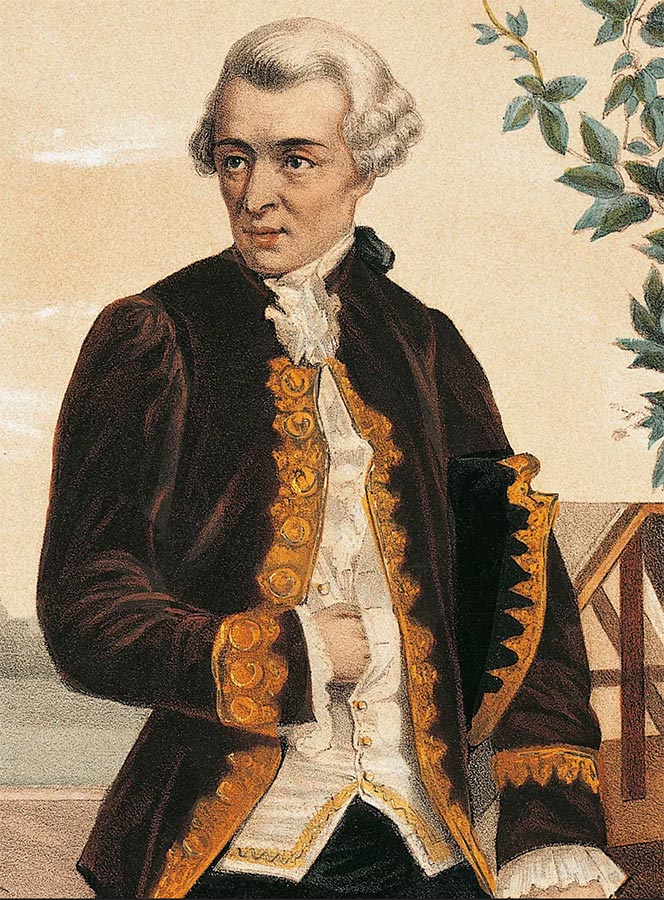Born March 13, 1732, Rohrau, Austria
Died May 31, 1809; Vienna, Austria
Concerto for Cello and Orchestra in C Major
COMPOSED
1965 – 1970; 49 years old
Franz Joseph Haydn, born in Rohrau, Austria, in 1732, is celebrated as one of the greatest masters of classical music. Serving as the musical director for Count von Morzin’s court musicians and later for the Esterházy family from 1759 to 1790, Haydn’s prolific career spanned 29 years of remarkable output. During this period, he composed 104 symphonies, 50 concertos, 84 string quartets, 24 stage works, and 12 Masses, establishing foundational forms for symphonic music and the string quartet. Noteworthy compositions include the Farewell Symphony (No. 45), where musicians gradually leave the stage, symbolizing the end of his service to the Esterházy family.
In the 1780s, Haydn received commissions from London and Paris, solidifying his international acclaim. His friendship with Mozart influenced both composers, and Haydn’s originality, liveliness, and instrumental brilliance left an indelible mark on classical music. He mentored Beethoven, who studied under him, and his legacy extended to the establishment of basic symphonic and quartet forms. Later in life, Haydn composed grand oratorios, including The Creation (1798) and The Seasons (1801). The former, based on John Milton’s Paradise Lost, showcased Haydn’s mastery in creating monumental works for solo voices, chorus, and orchestra. Haydn passed away on May 31, 1809, in Vienna, leaving behind an extensive and influential body of work.

